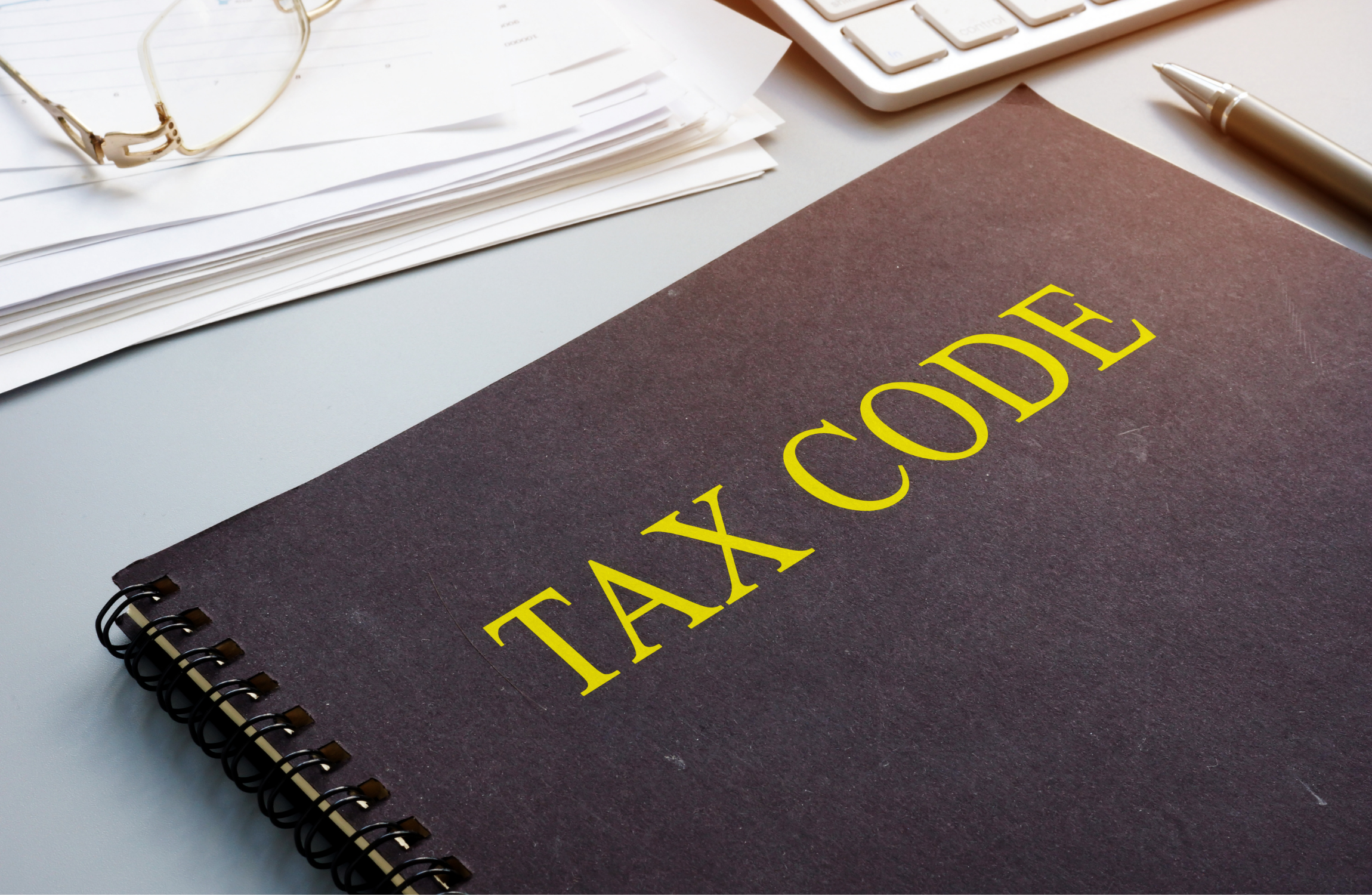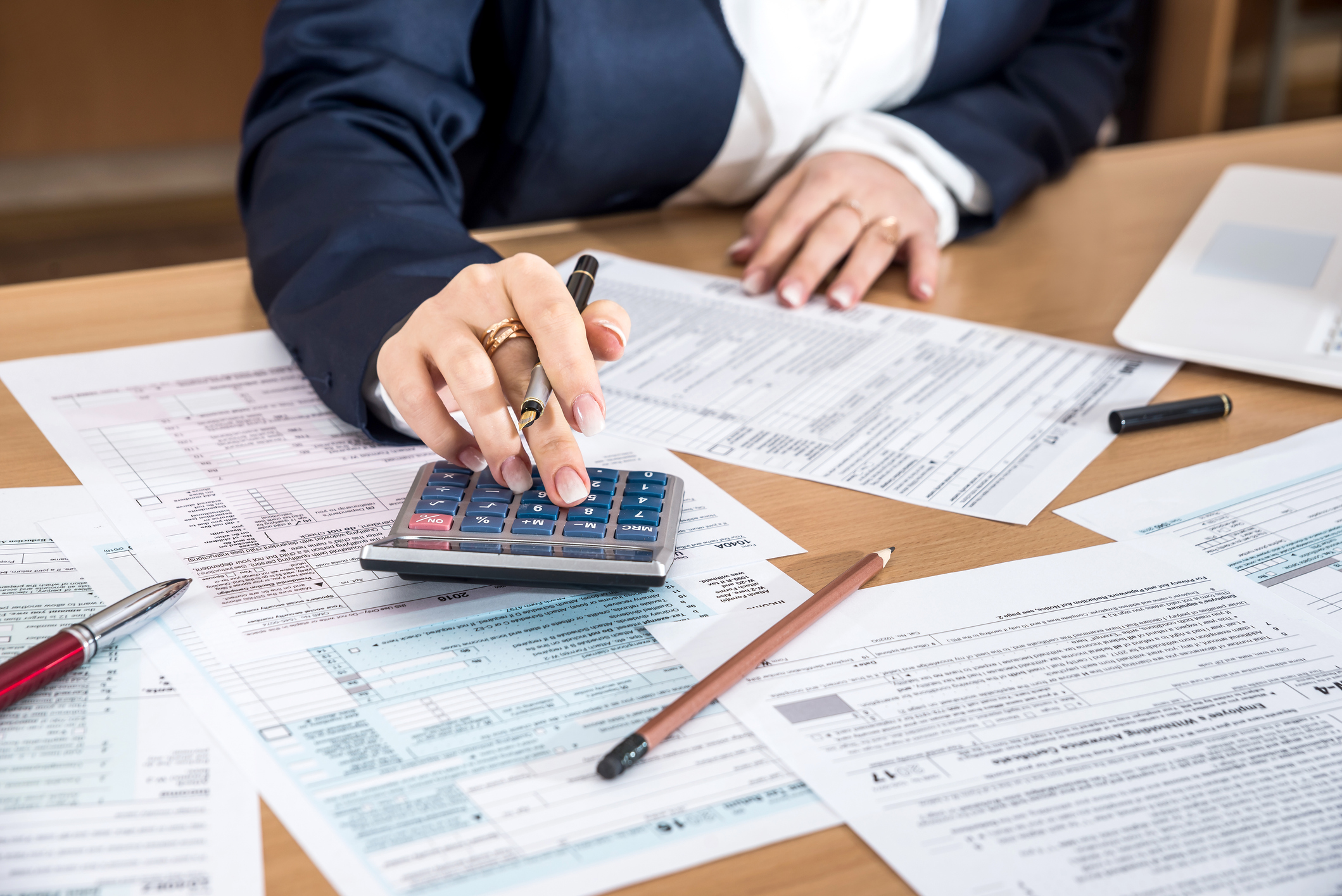You play Bingo occasionally, mostly to socialize.
And ever since winning $1,000 on a scratch-off lottery ticket last year, you make weekly stops at the corner market.
Finally, on your annual winter escape to Sin City, you bet on the Super Bowl like you always do. You then spend the balance of your time, eating and wrestling with one-armed bandits on the Las Vegas Strip.
You mostly gamble for fun, realizing the odds are always stacked against you and with the house.
When you do win, though, you don’t take it for granted. As long as your winnings can make your Social Security checks last longer, you consider any amount a blessing.
And it’s OK to count those blessings — and the money you won. Just know that whether you strike it rich in the lottery, or win the grand prize in a raffle, the IRS wants, and will get, its fair share.
As IRS.gov explains, if you receive more than $5,000 in a single winning payout, it takes a 24% cut right away. Few exceptions exist, especially for casual players. And you must report all gambling wins, even if you don’t receive a tax form from the casino or online platform.
Being unaware of that, not filing your taxes, and not claiming your earnings properly, can turn any blessing into a curse … lickety-split.
Our goal here at TaxRise is to save you from being blindsided by the IRS like many amateur gamblers often are.
Amateurs make up the vast majority of gamblers (more than 99% of the approximately 100 million U.S. adults that gambled legally in 2024) and look at it as a hobby and recreational activity not a producer of tax revenue.
As a result, the IRS catches a large share of them off guard when they learn their winnings are taxable. In fact, a 2024 report from GamblingNews found that most recreational bettors remain “oblivious” to federal tax obligations tied to their wins.
Even if they’re slightly knowledgeable, some 62% of Americans said they were unclear on how to report sports betting or other gambling winnings to the IRS, according to a 2023 survey.
Much of the misunderstanding stems from a belief that small winnings or those below $600 or $1,200 aren’t taxable. It’s simply not true. On the contrary, all gambling income must be reported, regardless of size or whether a W‑2G form is issued.
The Treasury Inspector General for Tax Administration has estimated that billions in gambling winnings go unreported annually, blaming poor awareness among casual players as the reason.
Roughly six in 10 casual U.S. gamblers do not realize that gambling winnings are taxable, and many discover it only when they receive a Form W‑2G or face an unexpected tax bill the following spring.
Small-Time Gamblers Tripped by Auto-Report
Regular players of slot machines or online gaming sites are increasingly caught off guard by automatic reporting on Form 1099‑K or W‑2G. Platforms like PayPal now share transaction data with the IRS when winnings exceed $600, even from informal games. Without realizing it, many recreational players received tax bills in 2024 for modest wins they’d transferred digitally.
And a new bill due to go into effect on Jan. 1, 2026, will make tax matters worse for every type of gambler.
IRS Rule Change: The Government’s Win, Your Loss
That’s right. Congress decided to move the goalposts starting Jan. 1, 2026 with a new rule buried in the “One Big Beautiful Bill” that will limit gambling loss deductions to just 90% of winnings.
This means even you win $100,000 and lose $100,000 in the same year, you can only deduct $90,000 of those losses. In other words, you’ll owe taxes on $10,000 of income you never actually received.
For some high-stakes players, this could mean owing more in taxes than they actually won.
The IRS estimates that the tax change will generate $1.1 billion more for the federal government over 10 years. That ought to tell you exactly who the winner is in this game.
The inability to offset 100% of gains could even result in a double whammy for some gamblers. Winnings are already taxed like income.
However, to offset losses, amateur gamblers must itemize deductions on Schedule A (now capped at 90%), rather than taking the standard deduction. That may or may not work in the taxpayer’s favor.
The IRS Steps Up Enforcement
This is just one of many changes the IRS has been quietly considering. While everyone’s focused on their fantasy lineups and point spreads, the agency is beefing up its largest gambling tax enforcement operation in history.
In fact, an audit report by the Treasury Inspector General for Tax Administration (TIGTA), revealed that in just two years, it caught about 150,000 people who failed to report over $15,000 in winnings — totaling $13.2 billion in unreported winnings.
Even more terrifying is that the IRS calculated it could potentially collect $1.4 billion in additional tax revenue just from these cases.
That’s not all. The IRS initiated more than 100 investigations into illegal gambling activity between 2021 and 2023, uncovering more than $178 million in unreported income. The majority of these cases led to indictments with a 96% conviction rate and an average prison sentence of 23 months.
So, if you’re thinking about hiding winnings, modern gambling surveillance makes it nearly impossible.
Just ask the folks at Turbo Tax, who explain that almost all sports betting platforms must send the IRS Form 1099-MISC if your net winnings exceed $600 in a year. Casinos, meanwhile, will issue Form W-2G for certain big payouts: $1,200+ slots, $5,000+ poker, and $600+ if your winnings are 300 times your bet.
With the IRS tracking casino reports, online platforms, and even bank transactions, flying under the radar just isn’t realistic anymore.
How TaxRise Helps Reduce Your Tax Bite
The secret to minimizing the dollars earmarked to the IRS isn’t hiding income; it’s maximizing your legal deductions to offset winnings.
Here are some strategies taxpayers use:
Keep a Rolling Gambling Log: Document every session with dates, locations, types of wagers, and amounts won and lost. The IRS gives more credibility to logs kept in real-time rather than after the fact. Include names of people with you and specific details about each gambling establishment.
Document, Document, Document: Save all W-2G forms, wagering tickets, canceled checks, credit records, bank withdrawals, and payment slips from gambling facilities. Your player’s card from casinos can be invaluable for showing a complete picture of wins and losses.
Itemize to Claim Losses: As mentioned, you can only deduct gambling losses if you itemize deductions on Schedule A, and starting Jan. 1, 2026 only up to 90% of your winnings. If you’re taking the standard deduction, you lose the ability to offset losses entirely, which significantly increases your effective tax rate on gambling income.
Make Estimated Tax Payments: Large gambling winnings often aren’t subject to withholding, so making quarterly estimated payments prevents underpayment penalties and interest charges.
Consider Emotional Risks
While recreational gambling is considered fun by most, you must understand both its the financial and emotional risks. That’s especially true for older adults who are particularly vulnerable to those “blind-sighted” moments.
AARP warns that retirees living on fixed incomes risk jeopardizing money used for necessities if gambling becomes excessive. Many seniors underestimate losses because casinos or online platforms advertise “low-cost entertainment,” but even modest spending can result in a significant financial strain.
Sometimes the reason for gambling can be a red flag too. According to Immunize Nevada, older adults use it to remove boredom, loneliness, or anxiety. This behavior can mask or worsen depression and cognitive decline, leading to impulsive decisions and “chasing losses.”
Problem gambling in seniors often sneaks up quietly on them. A 2025 report from Birches Health showed that over half of seniors gamble weekly and linked to increased rates of compulsive gambling and associated conditions such as debt, anxiety, and even suicide. Families may not be aware of issues until money runs out or secrets increase as seniors tend to hide losses out of shame.
Finally, the report shows that senior gamblers who do develop problems report higher rates of heart disease, depression, lack of mobility, and social withdrawal than non-gamblers. In extreme cases, gambling replaces other forms of recreation or social contact, compounding physical inactivity and emotional distress.
The Last Word …
Nothing is worth losing your mental, emotional, and financial well-being over. If you like to dabble in gambling but don’t really understand the tax consequences of winning or losing, TaxRise can help.
We can help clients organize, document, and strategize for the lowest possible gambling tax bill — legally and confidently. Don’t risk an audit or worse. Let TaxRise professionals handle the details, so you can focus on your strategy, not your paperwork.
Honesty and preparation will always pay off. Disclose your winnings, file the required forms, and pay only what you owe but never more.
With help from TaxRise, you can bet on peace of mind.









0 Comments